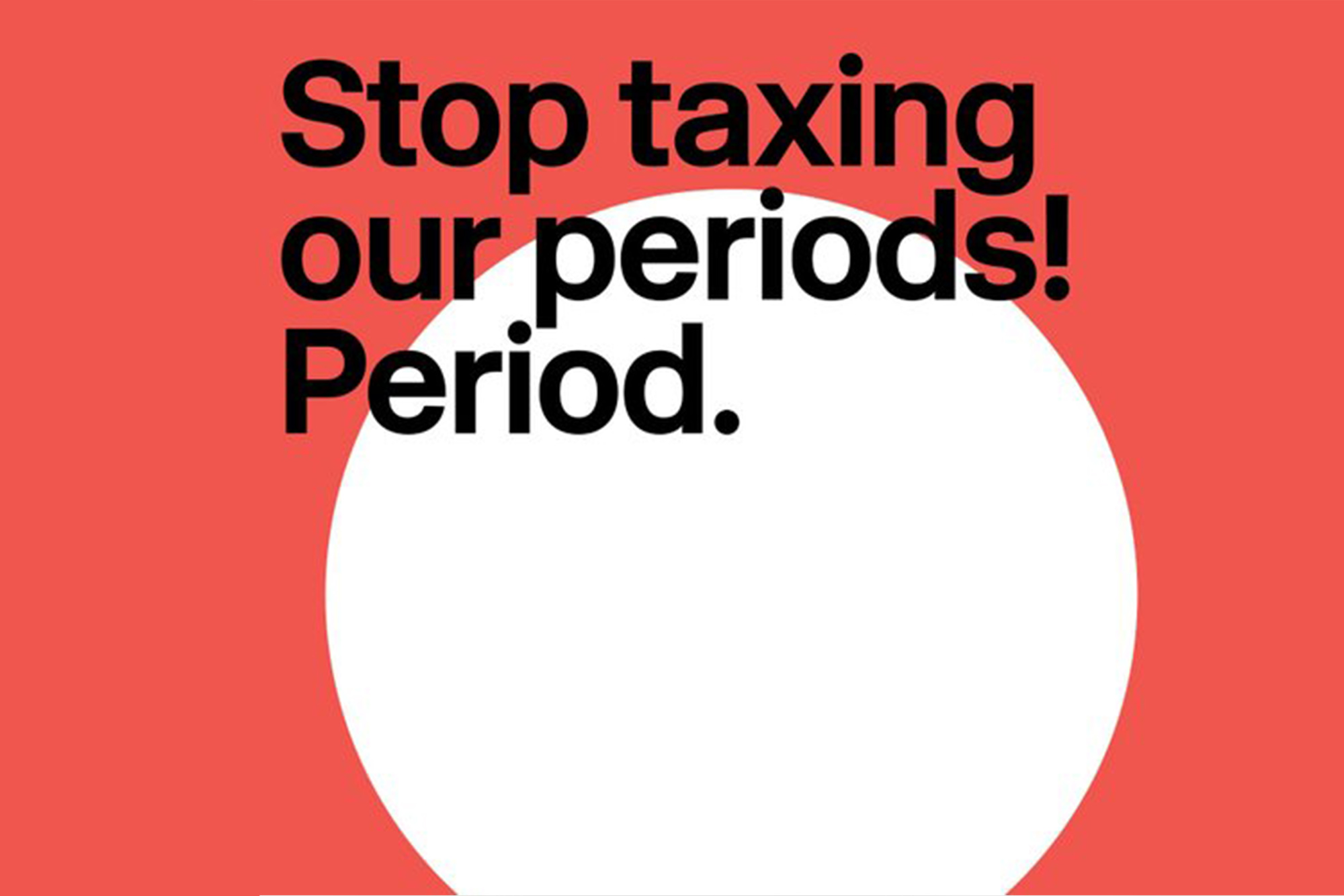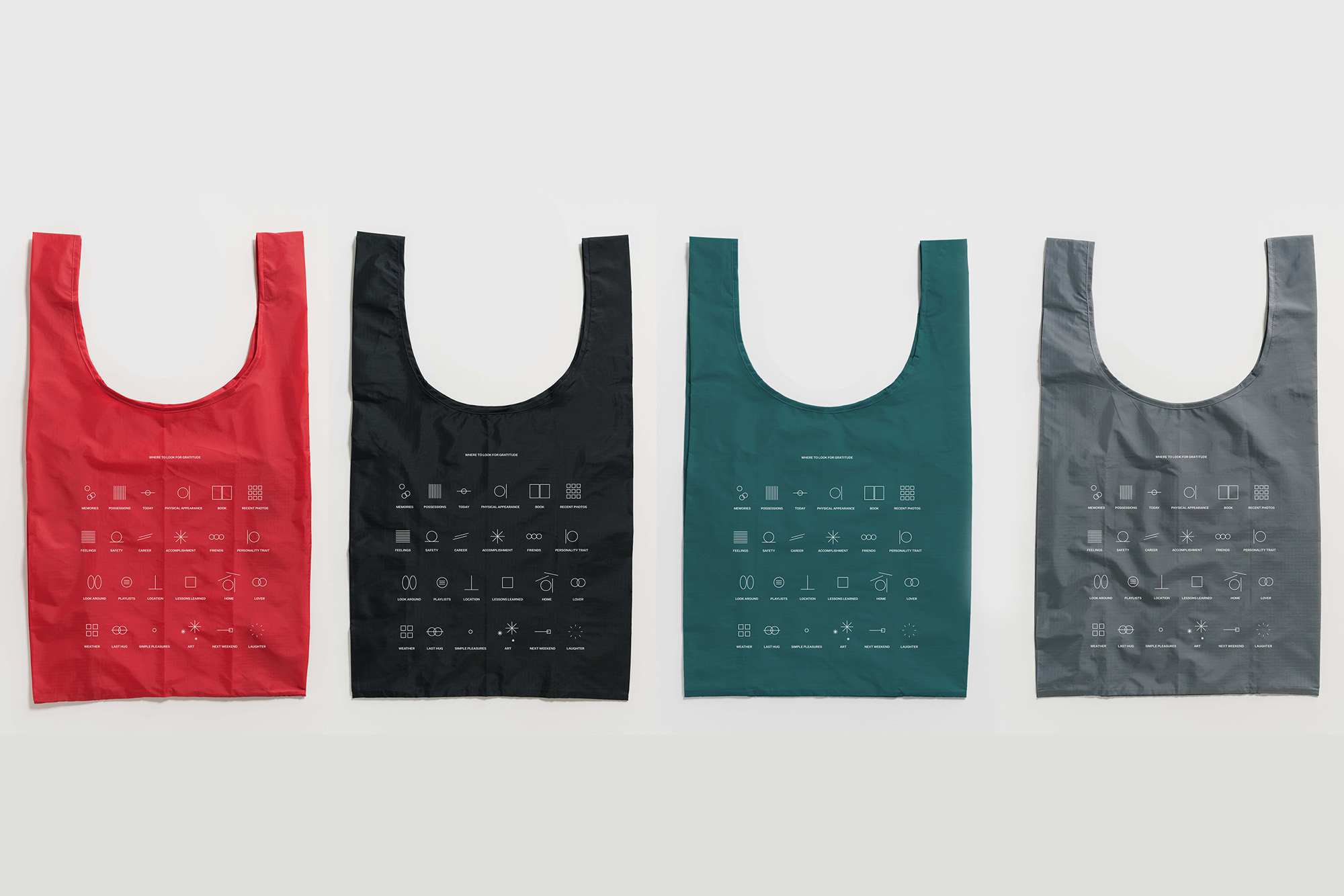Imagine being taxed because of who you are. If it seems inhumane, it is. You also don’t have to think very hard about this–welcome to the world of people who menstruate.
Period poverty is a public health crisis, one that is often overlooked because its discriminations are buried deep in laws and legislations and because the very act of menstruation is often stigmatized or shamed. In its purest definition, period poverty refers to “the prevalent phenomena of being unable to afford products such as pads, tampons, or liners to manage menstrual bleeding.” Digging a little deeper, it is clear the roots of this issue contain multitudes–the lack of availability of menstrual products in schools, shelters, and prisons; the inability of people to purchase sanitary products (often needing to choose between eating or purchasing tampons or pads); and the lengths people go to “make do” with substitute items every month. All of this takes a toll on both mental and physical health. “Many people are forced to use items like rags, paper towels, toilet paper, or cardboard. Others ration sanitary products by using them for extended amounts of time. Period poverty encompasses not only this lack of access to products, but also inadequate access to toilets, hand washing receptacles, and hygienic waste management.”[1] Period poverty isn’t something that just happens in third world countries–it exists right here in North America. So, what are we going to do about it?
Period Equity was founded by two lawyers, Jennifer Weiss-Wolf and Laura Strausfeld, who asked that very question. Working pro bono, they created America’s “first law and policy organization fighting for menstrual equity, committed to ensuring that menstrual products are affordable, safe, and available to those in need.”[2] Menstrual equity is a phrase and framework coined by Jennifer Weiss-Wolf that encompass three tenets that need to be achieved in order to eliminate the chasm of sex-based discrimination: tax (eliminating the tax on menstrual products, which are ironically considered “luxury items”); access (providing free menstrual products in schools, shelters, and jails); and safety (ensuring menstrual products are pesticide/dioxin/toxin-free, and therefore safe for the body and for the planet).[2] Period Equity is a legal organization dedicated to leveraging the traditional tools of policy and legal advocacy, along with thought leadership and media strategy, to achieve menstrual equality; to have a fully participatory society, laws and policies must acknowledge and consider menstruation, ensuring that menstrual products are safe, accessible, and affordable for all who need them.[2]
For Torpedo Journal’s third charitable initiative in support of our Issue 03, we are proud to partner with Period Equity to raise as much money as we can for them to fight the good fight. We created a limited-edition reusable Baggu bag imprinted with a beautiful graphic imagined by Toronto-based designer Shirel Krafman. Available in four brilliant colours, the net proceeds from all sales will be donated to Period Equity. Our hope is that sometime soon, in the not-so-distant future, period poverty will be a thing of the past. Until then, let’s band together, donate, and raise some capital for this brilliant non-profit organization.
Visit our Shop to get your hands on our bags! To find out more about Period Equity, please visit periodequity.com and follow them on Instagram and Twitter.
[1] Kilpatrick, Sidonie & Rapp, Ashley. (2020, February 4). Changing the Cycle: Period Poverty as a Public Health Crisis. University of Michigan School of Public Health. https://sph.umich.edu/pursuit/2020posts/period-poverty.html
[2] Period Equity. (n.d.). Mission & History. Period Equity. https://www.periodequity.org

